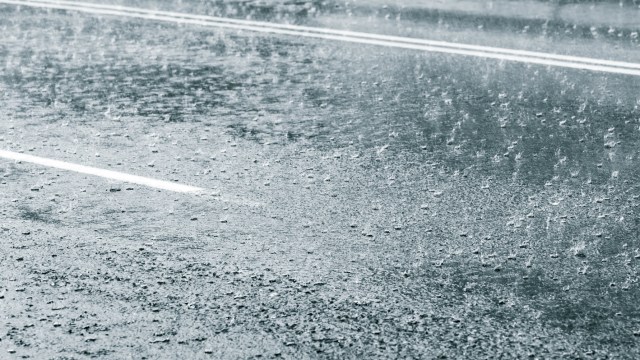Blue Lighting Decreases Food Consumption in Men

Obesity is on the rise, but asking people to just eat less isn’t a viable solution. Tom Jacobs of the Pacific Standard writes on a new study that has found a way to get men (sorry ladies) to eat less, and it all has to do with lighting.
Researchers at the University of Arkansas conducted a study that showed by serving men a meal under blue lighting, they ate less. However, women did not respond to these visual cues and the reason for that my be in female’s reliance on olfactory senses. The study was led by Han-Seok Seo, an Assistant Professor at the university, and has been published in the journal Appetite.
The study consisted of 112 adult participants. After fasting the night before, the participants were seated at random into individual booths that were lit by white, yellow, or blue LED bulbs. There they were served a hearty breakfast, consisting of two ham and cheese omelets and eight mini-pancakes.
After consuming as much as they wanted of the meal served, they filled out a survey rating the food and their overall satisfaction with the breakfast. Researchers then weighed the food to determine how much was left on the plate. Participants impressions of the meal did not vary, but the amount of food eaten by men was significantly less for those placed in blue-lit rooms.
“Since naturally blue-colored foods are rare, humans may have a doubt as to whether (such foods) are safe to eat.”
As for women, Seo has a plausible explanation relating to women’s reliance on odor cues rather than visual ones. Whereas men’s sense of smell is “relatively less sensitive,” which is why they are “more dependent on visual cues.”
It would be interesting to see this research employed on a wider scale, say, at a fast-food chain, where meals are known for their addictive nature. Then again, Jacobs points out that the blue light may lose it’s effects over time.
Read more at Pacific Standard
Photo Credit: Chones/Shutterstock





